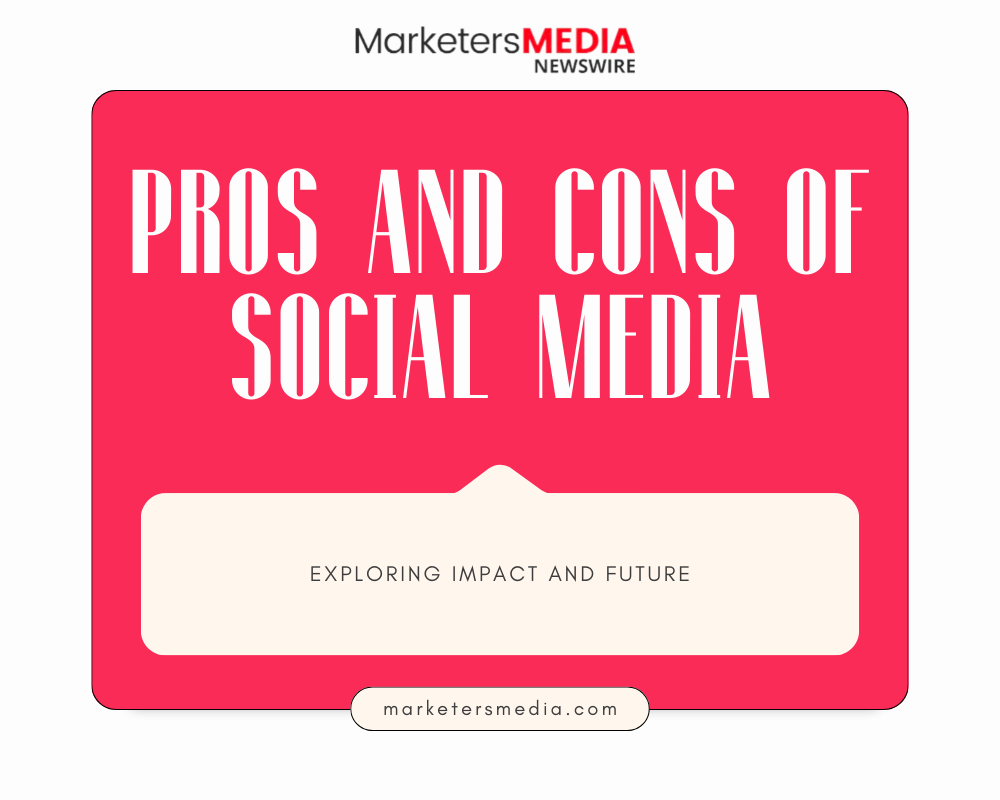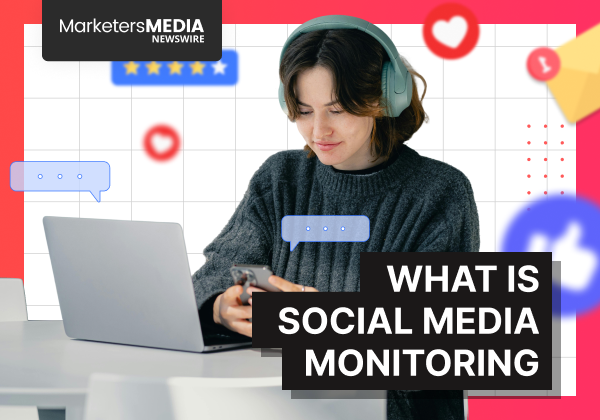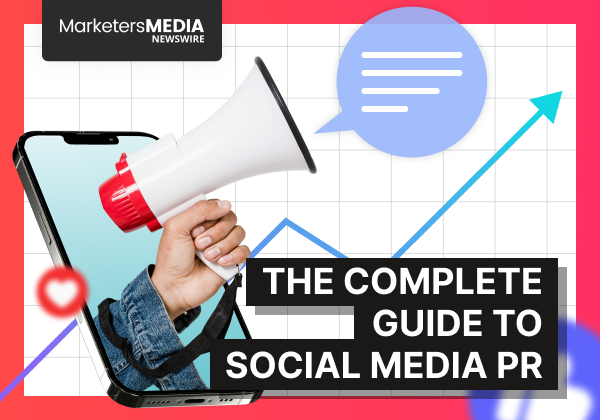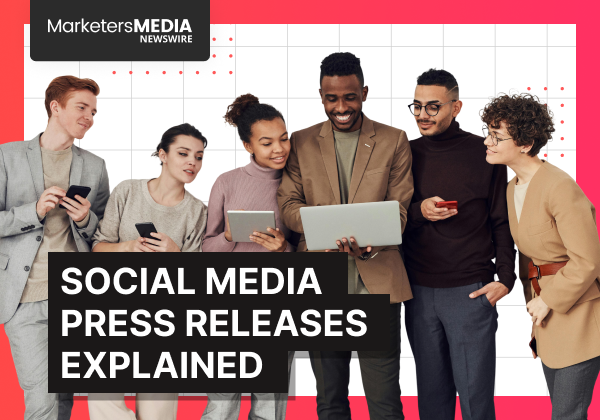Table of Content
No headings found.
Ever wondered about the real impact of social media and the internet on your life and the negative effects it can have? From connecting with friends to potential privacy risks, social media platforms have their fair share of advantages and disadvantages. Are you ready to uncover the truth behind the screens of internet misinformation? Let's explore the world of likes, shares, comments, and filters on the internet to understand how social media shapes our digital existence.
Social Media Landscape
Usage Trends
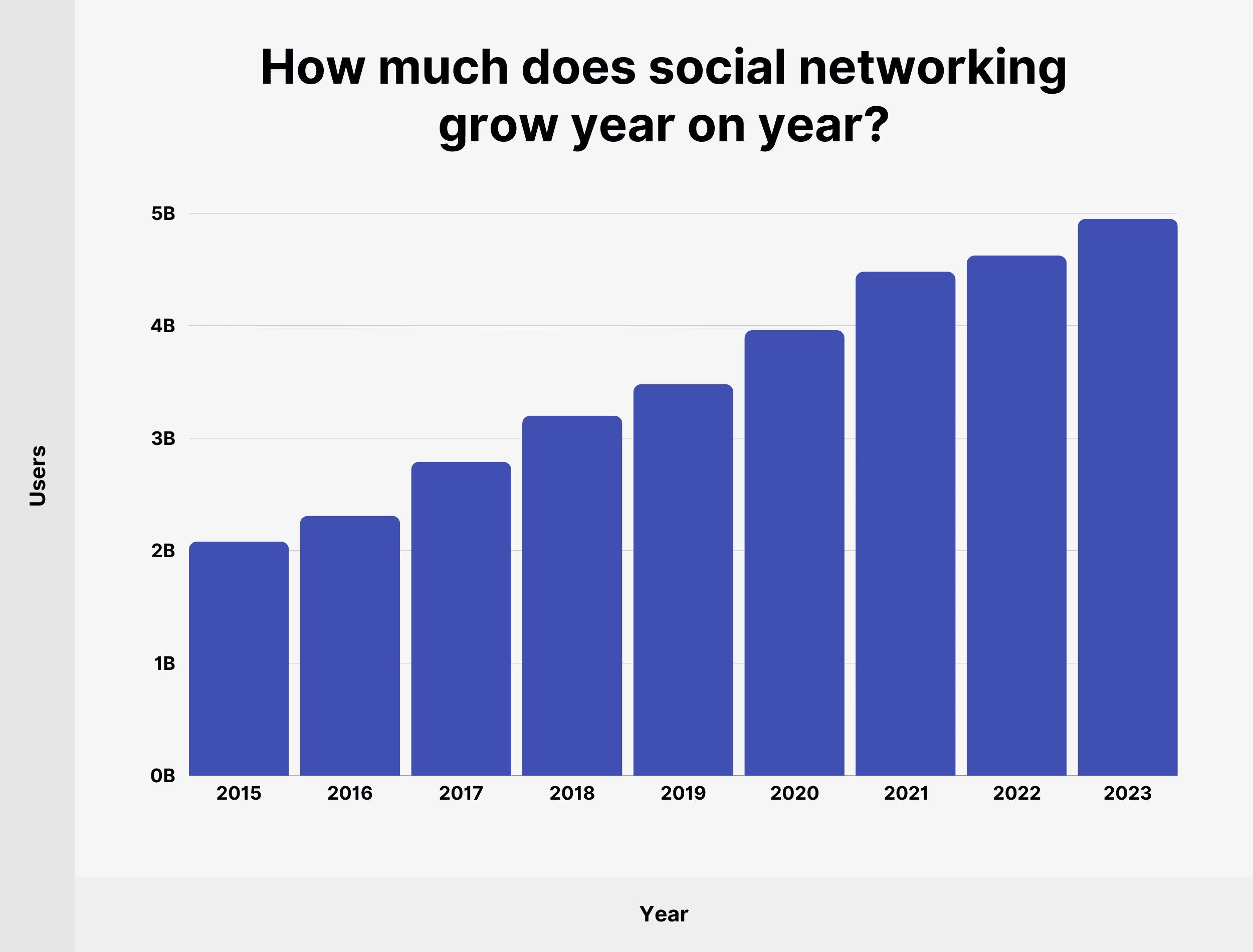
Social media platforms have witnessed exponential growth in recent years, with social media users surpassing billions globally. The evolution of these social media platforms has revolutionized communication and connectivity. Mobile usage has significantly influenced social media trends, with a notable shift towards accessing platforms through smartphones.
The consumption pattern on social media, especially among people, is increasingly leaning towards video content. Platforms are adapting to this trend by prioritizing video features, leading to higher engagement rates among users.
According to a study conducted by the Pew Research Center, approximately 72% of Americans use some form of social media. This widespread adoption of social media platforms highlights its popularity and influence in today's society. However, it is crucial to note that social media usage has been linked to negative impacts on mental health, with studies showing a correlation between excessive social media use and feelings of loneliness and depression.
Community Building
Social media plays a crucial role in facilitating connections among individuals sharing common interests or goals. It fosters communities where people can engage, share experiences, and support each other virtually. This sense of belonging strengthens relationships and creates robust support networks worldwide.
By empowering communities to connect and interact online, social media enables them to drive social change collectively. Through shared values and objectives, these communities can advocate for causes, raise awareness on important issues, and mobilize resources effectively.
Civic Engagement
In the realm of civic engagement, social media platforms have become instrumental in enhancing political participation and awareness among the masses and people. They provide accessible channels for individuals to stay informed about political developments, express opinions, and engage in discussions on public policies.
Moreover, social media sites serve as vital platforms for public discourse and activism. They amplify people's voices that were previously marginalized or unheard in traditional civic spaces. By providing a digital stage for diverse perspectives, these platforms contribute to a more inclusive civic dialogue.
Advantages of Social Media
Fostering Inclusivity
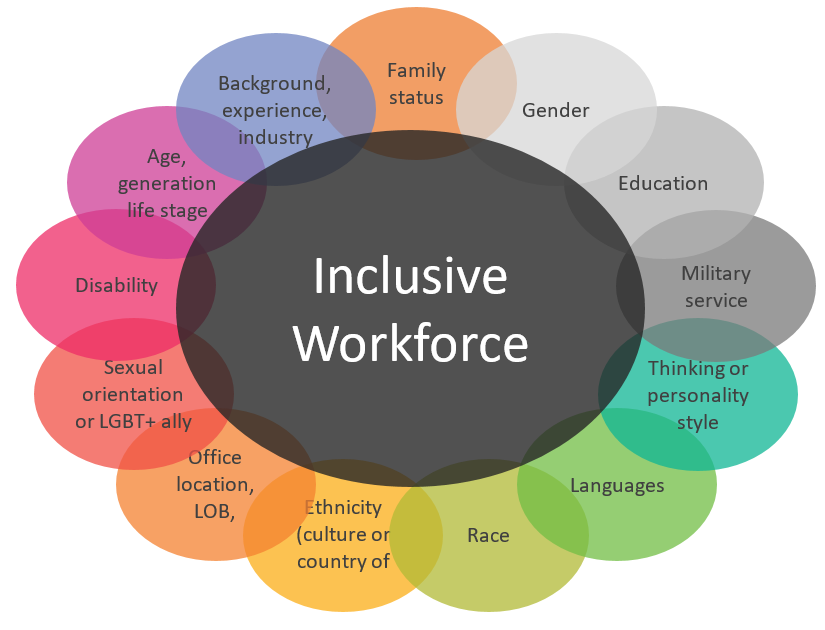
Social media platforms play a crucial role in promoting diversity and representation by providing a voice to marginalized groups. They enable people from various backgrounds to share their stories and perspectives, fostering a sense of belonging. Through these platforms, people can engage in meaningful conversations with others who hold different viewpoints, promoting dialogue between different perspectives. This interaction helps break down barriers and build understanding among diverse communities.
On social media, underrepresented groups, people find safe environments where they can express themselves freely without fear of discrimination or prejudice. These platforms empower individuals to connect with like-minded people who share similar experiences, creating a supportive online community. By offering spaces for marginalized voices to be heard, social media contributes to building a more inclusive society.
Promoting Diversity
One of the significant advantages of social media is its ability to showcase the richness of diverse cultures, ideas, and experiences from around the world. Users have access to content that celebrates cultural differences, challenging stereotypes and promoting acceptance. Through photos, videos, and stories shared on these platforms, people gain insights into unfamiliar traditions and lifestyles.
By highlighting diverse voices on social media, people are exposed to new perspectives that broaden their understanding of the world. Platforms like Instagram and TikTok have become popular hubs for creators from various backgrounds to share their creativity with global audiences. This exposure not only fosters cultural appreciation but also encourages empathy and tolerance among users.
Encouraging Responsibility

Social media plays a pivotal role in educating users on digital citizenship by emphasizing responsible online behavior such as respecting others' opinions and privacy rights. Platforms often provide guidelines on appropriate conduct to ensure a positive user experience for all members. By promoting ethical behavior online, social media cultivates an environment where users feel safe expressing themselves without facing harassment or cyberbullying.
Moreover, social media encourages users to engage critically with information they encounter online by promoting fact-checking initiatives and critical thinking skills development programs. By encouraging users to verify sources before sharing content or engaging in discussions based on misinformation, these platforms contribute towards combating fake news dissemination.
Disadvantages of Social Media
Cyberbullying Prevalence
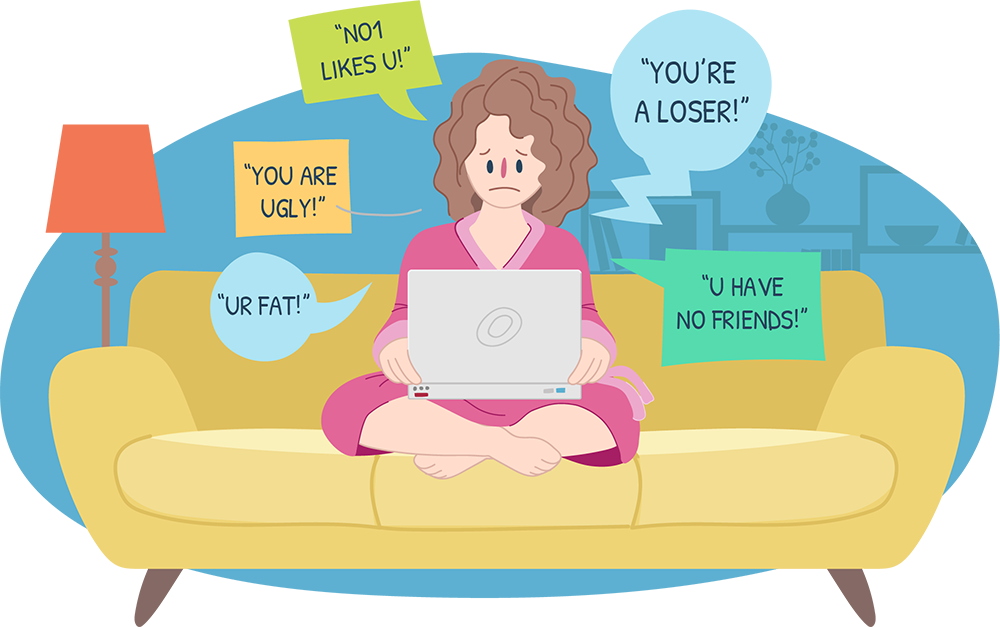
Cyberbullying incidents have been increasing due to the anonymity provided by social media platforms among people. This anonymity often emboldens people to engage in online harassment without repercussions. To combat cyberbullying effectively, it is crucial to educate users about digital etiquette and encourage reporting of abusive behavior.
Misinformation Challenges
The spread of fake news on social media has become a significant issue, impacting public opinion and even shaping societal beliefs. Misinformation can lead to polarization and confusion among users, affecting their decision-making processes. Implementing fact-checking measures is essential to combat false information and promote media literacy.
Privacy Concerns
Data privacy risks on social media platforms continue to raise concerns among users globally. The constant collection and sharing of personal information pose threats such as identity theft and targeted advertising. Protecting personal information online is vital for safeguarding one's digital identity. Advocating for stronger privacy regulations and empowering users with more control over their data are crucial steps towards ensuring online safety.
Social Media and Bullying
Bullying Statistics
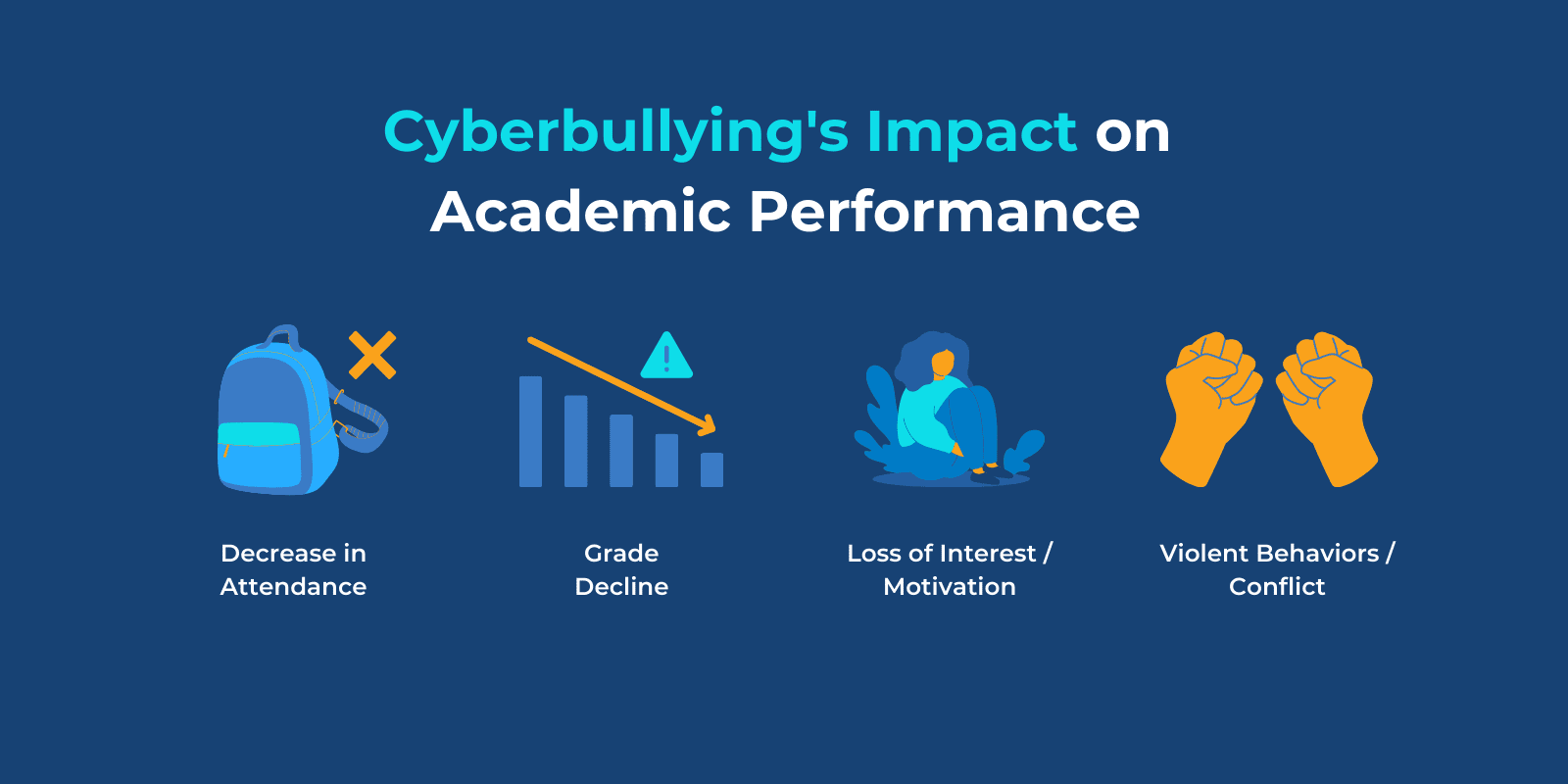
Bullying, whether in person or online, remains a significant concern among teens. According to recent studies, around 59% of U.S. teens have experienced some form of bullying or harassment online. This alarming trend highlights the prevalence of cyberbullying in today's digital age.
The impact of cyberbullying on mental health is profound. Victims often experience anxiety, depression, and low self-esteem due to relentless online attacks. Research shows that individuals subjected to cyberbullying are at a higher risk of developing mental health issues compared to those who haven't faced such abuse.
To effectively tackle bullying incidents, it is crucial to implement preventive measures and address them promptly. Schools and parents play a vital role in educating teenagers about responsible online behavior and providing support mechanisms for victims. Encouraging open communication channels can empower victims to speak up against bullying and seek help when needed.
Impact on Victims
Victims of online harassment endure immense emotional distress as they face constant humiliation and intimidation from their peers. The fear of being targeted leads to isolation and withdrawal from social interactions, impacting their overall well-being negatively.
The long-term effects of cyberbullying can be devastating for victims' mental health. Persistent feelings of fear, shame, and insecurity may linger even after the bullying stops, affecting their self-confidence and ability to trust others in the future.
Support systems are essential for victims of online abuse to cope with the trauma they have endured. Counseling services, helplines, and community resources offer guidance and emotional support to help victims navigate through the challenges posed by cyberbullying effectively.
Social Media and Suicide
Correlation Studies

Research findings consistently show a strong correlation between social media use and mental health. Studies reveal that excessive screen time can lead to negative impacts on psychological well-being. The constant exposure to curated online content often triggers feelings of inadequacy, affecting self-esteem.
Recent research has highlighted the detrimental effects of social media comparison on individuals' self-esteem. Comparing one's life to the seemingly perfect lives portrayed online can result in increased feelings of anxiety and low self-worth. This comparison culture prevalent on social media platforms contributes significantly to mental health issues.
- Excessive screen time negatively impacts psychological well-being.
- Social media comparison leads to decreased self-esteem and increased anxiety.
Suicide Rates
The relationship between social media use and suicide rates is a pressing concern in today's digital age. Cyberbullying, often perpetuated through various social media channels, has been linked to suicidal ideation among vulnerable individuals. The anonymity provided by online platforms makes it easier for cyberbullies to target their victims relentlessly.
Individuals experiencing cyberbullying are at a higher risk of developing suicidal thoughts or behaviors due to the relentless harassment they face online. It is crucial for both social media platforms and society as a whole to prioritize support services and prevention strategies for at-risk individuals. Early intervention and access to mental health resources can play a pivotal role in reducing suicide rates associated with cyberbullying incidents.
- Cyberbullying increases the likelihood of suicidal ideation.
- Support services and prevention strategies are essential for at-risk individuals.
Parental Risk Mitigation
Monitoring Strategies
![What Is Content Moderation [10 Things You Must Know]](https://cdn.shortpixel.ai/client/to_avif,q_glossy,ret_img,w_496,h_372/https://puremoderation.com/wp-content/uploads/2020/05/content-moderation-report.jpg)
Implementing effective monitoring tools is crucial for safeguarding children from online dangers. Parents can utilize software that tracks their child's online activity, providing insights into potential risks. By staying informed, parents can intervene promptly to prevent harmful situations.
Balancing user privacy with content moderation is a delicate task for parents. While respecting their child's privacy, it's essential to monitor and regulate the content they consume. Setting boundaries and discussing online safety measures can help strike a balance between protection and independence.
Collaborating with tech companies to enhance monitoring capabilities is a proactive approach for parents. By engaging with platforms to improve safety features, parents can contribute to creating a safer online environment for their children. Regular updates and communication with tech providers ensure access to the latest protective tools.
Open Communication
Encouraging transparent communication on social media platforms fosters trust between parents and children. Honest discussions about online risks and responsible usage build awareness and accountability among young users. Creating an open dialogue allows families to address concerns together effectively.
Importance of fostering open dialogues extends beyond mere conversations; it cultivates a culture of trust within the family. By actively listening to their children's experiences and concerns on social media, parents demonstrate care and support in navigating the digital world safely. This mutual understanding strengthens familial bonds while promoting responsible online behavior.
Building trust through honest and authentic interactions establishes a foundation for healthy parent-child relationships in the digital age. Parents who engage genuinely with their children on social media topics create an atmosphere where kids feel comfortable seeking guidance when faced with challenges or uncertainties online. Trust facilitates better communication channels for addressing issues promptly.
Impact on Society
Behavioral Changes
Social media influences behavior by shaping opinions through exposure to diverse content and perspectives. Users often make decisions based on information shared within their online networks. The algorithms used by social platforms significantly impact user preferences, guiding them towards specific content based on their interactions. To promote positive behavioral changes online, individuals can actively engage with educational and informative content while being mindful of the authenticity of the information they consume.
Societal Norms Shifts
The evolution of societal norms through social media has been profound, as it acts as a platform for shaping cultural perceptions and values. Online trends have a significant influence on how people perceive various aspects of life, including beauty standards, relationships, and success. Adapting to these changing social norms poses challenges as individuals navigate between traditional beliefs and modern influences present in the digital world.
Future of Social Media
Policy Changes
Advocating for regulatory policies is crucial to address the negative aspects of social media. Collaborating with policymakers can lead to the creation of guidelines that promote online safety.
Legislation plays a significant role in shaping online safety and content moderation on social media platforms. The impact of such laws can influence how users interact and engage with each other online.
Collaboration between social media companies and policymakers is essential to create responsible guidelines. This partnership can ensure that users are protected from harmful content while still enjoying the benefits of social networking.
Technological Advancements

Social media technology continues to evolve, introducing innovative features that enhance user experiences. The integration of AI and machine learning algorithms has revolutionized how content is curated and delivered to users.
AI-driven technologies analyze user behavior patterns to personalize content recommendations, making interactions more engaging and relevant. Machine learning algorithms help in identifying trends, detecting fake news, and enhancing overall platform security.
The future holds exciting trends for social media platforms, including augmented reality filters, virtual reality experiences, and enhanced privacy features. These advancements aim to provide users with immersive and interactive ways to connect with others online.
Using Social Media for Press Releases

When it comes to distributing press releases, social media platforms have become a popular choice for many businesses and individuals. MarketersMEDIA is one such platform that offers a convenient way to share news and updates with a wide audience. Here are some pros and cons to consider when using social media for press releases:
Pros:
- Wide Reach: Social media platforms have millions of active users, allowing press releases to reach a large and diverse audience.
- Cost-Effective: Compared to traditional PR methods, sharing press releases on social media is often more affordable.
- Real-Time Updates: Social media allows for instant sharing of news, ensuring that information reaches the audience quickly.
Cons:
- Oversaturation: With so much content being shared on social media, press releases may get lost in the noise.
- Lack of Control: Once a press release is shared on social media, it can be difficult to control how it is perceived or shared.
- Limited Formatting Options: Social media platforms may limit the formatting options available for press releases, potentially impacting the overall presentation.
Overall, using social media for press releases can be an effective way to reach a broad audience quickly, but it also comes with its challenges. MarketersMEDIA offers a platform to help streamline the process and maximize the benefits of utilizing social media for press release distribution.
Summary
In weighing the pros and cons of social media, you've delved into its vast landscape, from the benefits it offers to the challenges it presents. Understanding how social media can connect people globally while also being a platform for cyberbullying and mental health concerns is crucial. By recognizing these dual aspects, you can navigate this digital world more consciously.
As you ponder the future of social media and its impact on society, remember to use these insights wisely. Monitor your online interactions, be mindful of others' feelings, and seek help if needed. By staying informed and proactive, you can harness the advantages of social media while mitigating its drawbacks. Stay vigilant, stay empathetic, and stay connected responsibly.
Frequently Asked Questions
What are the benefits of using social media?
Social media allows for easy communication, networking, and information sharing. It can help businesses reach a wider audience, individuals stay connected with friends and family, and provide a platform for expressing creativity.
How does social media impact society?
Social media influences societal trends, opinions, and behaviors. It can facilitate activism movements, spread awareness on important issues, but also contribute to misinformation and cyberbullying.
Is parental risk mitigation necessary when it comes to social media?
Yes, parents should be actively involved in monitoring their children's online activities to protect them from potential dangers like cyberbullying or exposure to inappropriate content.
What are some future trends in social media?
The future of social media is likely to involve more personalized content delivery, increased focus on video content, augmented reality integration, and stricter regulations regarding user privacy and data protection.
Can social media contribute to mental health issues like bullying or suicide?
Unfortunately, yes. Social media platforms can be used as tools for cyberbullying which may lead to severe consequences such as suicidal thoughts. It's crucial for users to practice digital wellness and seek help if needed.
Free Press Release Template
Tell us where to send your PDF:
